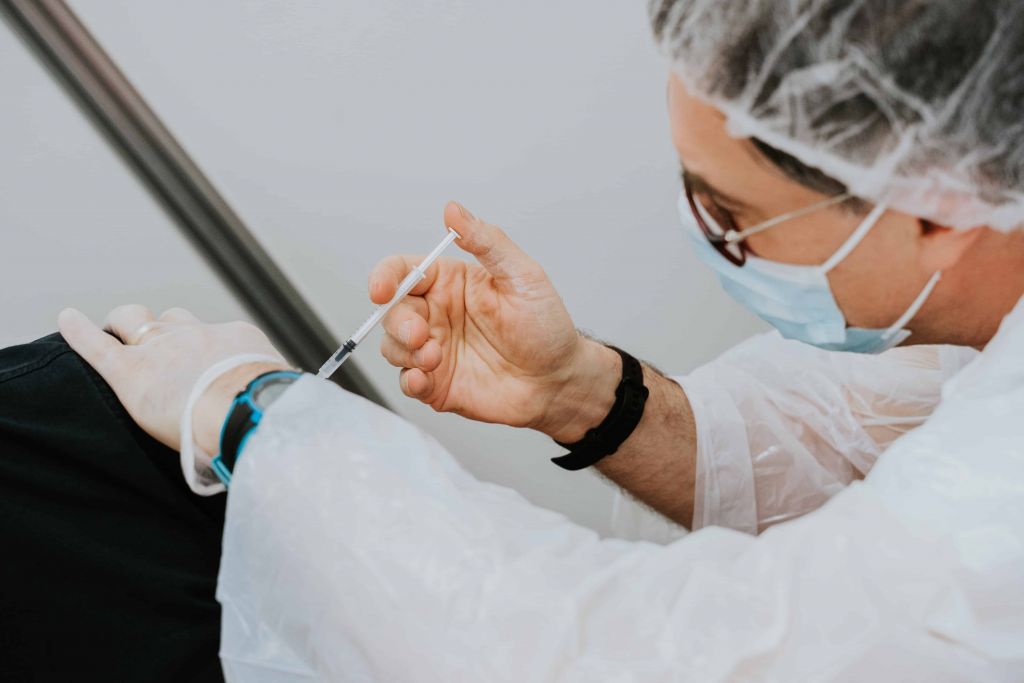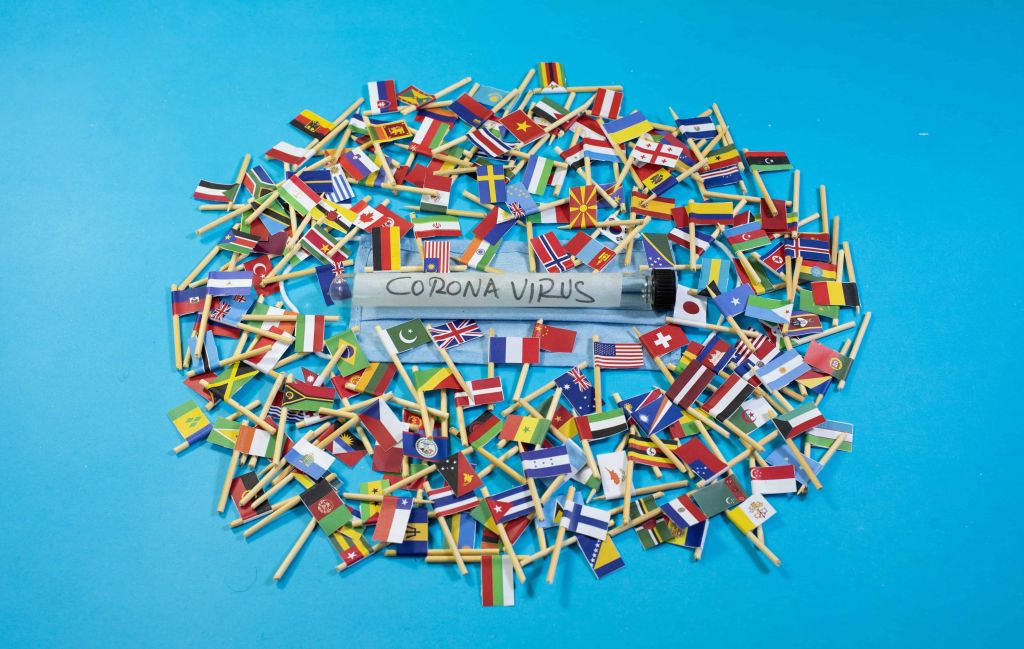What Travel Vaccinations Do I Need Now?
What’s the latest ‘in’ thing these days? Answer: Vaccines, specifically Covid-19 vaccines that makes the news practically every day during the pandemic. A positive outcome of this contagious virus is a greater awareness on the importance of travel vaccinations to prevent the spread of communicable diseases around the world.
While there are individual anti-vaxxers, who doubt vaccines and oppose receiving them, governments and regulatory authorities around the world agree that vaccines provide protection against diseases endemic to the country that you are coming from and where you are going to.
As pandemic shows no signs of letting up, regulatory authorities are paying even closer attention to international travel vaccinations now. At this point, country requirements for Covid-19 travel vaccinations can change at any time.
This means that travellers need to lookout for travel vaccination advice from the consulate or embassy of their destination country before making their trip. Another good site to check for information on international travel vaccination is the World Health Organisation (WHO)’s travel vaccines recommendations.
Covid-19 takes the spotlight now but all the communicable diseases that existed before the severe acute respiratory syndrome coronavirus 2 (SARS-CoV-2) are still prevalent. So if you are planning a trip when regulations permit, why not fortify your immune system with recommended travel vaccinations for common communicable diseases. When it comes to health and wellbeing, it is undoubtedly better to be safe than sorry.
Travel Vaccination Advice
The list of travel vaccines that you need depends on where you want to go, the duration of your trip and how you plan to travel. Generally speaking, fewer vaccines are required for trips to developed countries such as the US, UK and the larger European countries. But, that doesn’t mean that you can’t catch a contagious disease there. The risks are still there especially if you plan to visit remote outback areas for days.
Here is a list of common international travel vaccinations recommended by medical bodies. The approximate price of these vaccines in Malaysia is also included to give you an idea of how much it would cost to get travel-ready in a post-pandemic world.
Common Travel Vaccinations
1. COVID-19 VACCINE
This is a non-negotiable travel vaccination requirement during the pandemic. The general consensus is that anyone over 18 needs to be fully vaccination against Covid-19 if you want to travel internationally (The Malaysian government is currently vaccinating those aged 18 and above now). The World Health Organisation (WHO)’s Strategic Advisory Group of Experts (SAGE) has concluded that the Pfizer vaccine is suitable for use those aged 12 years and above. However, note that vaccine trials for children are still ongoing and WHO will update its recommendations when there is sufficient evidence to change its policy.
2. Hepatitis A Vaccine
Hepatitis A (HAV) is caused by a virus that infects the liver and can cause a mild to severe illness. This virus usually spreads through food or drink that is contaminated with fecal matter (that’s right, poo). HAV infections are common in areas with poor hygiene, limited access to clean water and inadequate sanitisation. HAV is a recommended vaccine for those travelling to Africa, Asia, the Middle East and South America. In Malaysia, HAV are usually part of routine childhood vaccinations. The price for HAV for kids at private hospital here is just over RM200.
3. Hepatitis B Vaccine
The Hepatitis B (HBV) virus can cause a serious liver infection, which may lead to liver damage or liver cancer. Hepatitis B is fairly common in Africa and the Western Pacific Region, a WHO classification, which includes Malaysia. Here, the HBV for infants has been compulsory since 1989. Those born before 1989 need to pay for their own HBV at private hospitals and clinics. The cost of a pre-vaccination testing for immunity hepatitis B screening and HBV at a private hospital is about RM100. Some places offer both HAV and HBV for RM145.

4. Typhoid Fever Vaccine
Typhoid is caused by bacteria. It is an extremely contagious illness and common in Bangladesh, India and Pakistan. A campaign initiated by Malaysian doctors, in April 2021, urged food handlers to get vaccinated against typhoid before Ramadhan. Typhoid fever is endemic here and outbreaks are reported occasionally. The cost of the typhoid vaccine for Malaysians is about RM60 per dose. One dose is needed for immunity although repeated doses, every two years, is recommended for those, who remain at risk.
5. Traveller’s Diarrhoea and Cholera Vaccine
There are oral vaccines for travellers’ diarrhoea. Travellers usually get this when they eat food or drink water contaminated with bacterium known as enterotoxigenic E. coli (E. coli is commonly found in stool). Cholera is caused by a different bacteria and causes acute diarrhoea that can kill if untreated. WHO estimates that cholera infects 1.3 to 4 million people around the world each year. Although the vaccines offer some protection against diarrhoea and cholera, it is still important to practice good personal hygiene when travelling.

6. Influenza aka the Flu Vaccine
The flu is a nose, throat and lungs infection caused by the influenza virus. This virus is contagious and passes from one person to another through coughs, sneezes and fact-to-face contact. An annual vaccination against the flu is recommended for adults and children. This vaccine cost between RM80 and RM90 per person and available in most local clinics and hospitals.
7. Meningococcal Infection vaccine
This vaccine is mandatory for those going to Mecca for the annual Hajj and highly recommended for travellers heading to Africa and Saudi Arabia. Here, a bacterial form of meningitis causes a serious infection of the thin lining that surrounds the brain and spinal cord. This can lead to serious brain damage and statistics show that it is fatal in 50% of the cases if left untreated. The price for a meningococcal vaccine for adults is about RM80.

WHO has a list of routine vaccines that you can review before traveling. Use this list to get an idea of what you may need, then talk to your doctor or a medical professional about travel vaccines and boosters at least six to eight weeks before you leave. Don’t forget to ask about specific measures that can be taken to minimise the risk infectious diseases when travelling overseas.
We can expect to see the list of international travel vaccination growing longer soon. There is so much innovation in vaccine development and vaccines against respiratory syncytial virus, tuberculosis and all influenza virus strains are in the pipeline.
In April 2021, the Centers for Disease Control and Prevention (CDC) reported that the travel risk for Covid-19 is low for fully vaccinated adults. However, the CDC doesn’t recommend non-essential trips, for now, and advises, even those fully inoculated, to take precautions such as wearing a mask and avoiding crowds.
This serves as a timely reminder that vaccines are not 100% effective. So, when we do get to travel, let’s keep in mind general guidelines on social distancing and sanitising, practice good personal hygiene and make informed choices when deciding what to eat.

